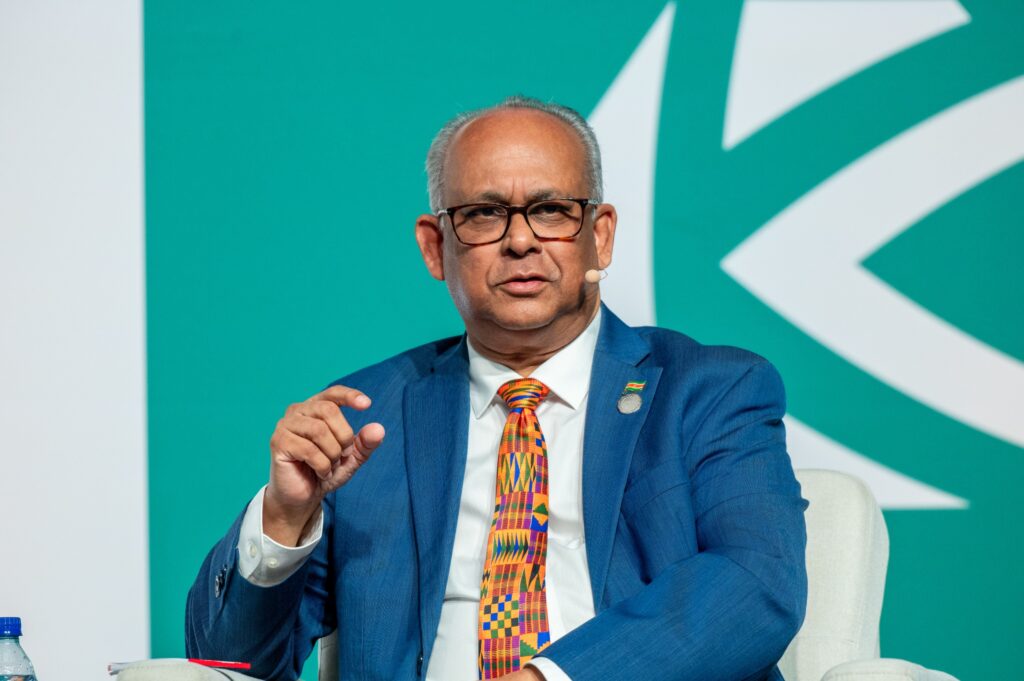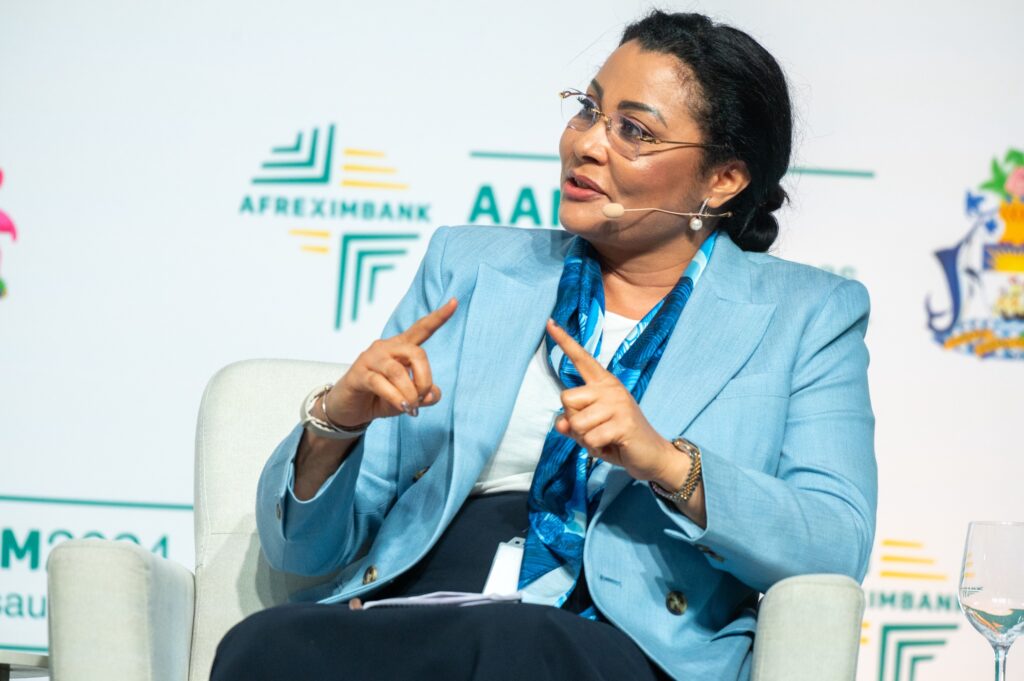
By Kurt Campbell in Nassau, Bahamas
Kurt@newsroom.gy
The 15-member Caribbean Community (CARICOM) will Thursday sign a new Memorandum of Understanding (MoU) with the African Union (AU), comprising 29 states, seen as a continuation of efforts towards finalizing an Afri-Caribbean free trade agreement.
The MoU will be inked during the hosting of Afreximbank’s 31st Annual meeting in Nassau, Bahamas and while it gives renewed hope to attaining the goal, experts and policymakers believe it will take much more than agreements to make free trade between the two blocs truly attainable, a reality.
The MoU was hailed by Ambassador Albert Muchanga, the AU’s Commissioner for Economic Development, Trade, Tourism, Industry and Materials.
But what will it take? Political will? Attention to detail? Or collective buy-in?
Muchanga believes the signing of the MoU is a significant first step in the direction toward high level dialogue to finalise the details of the agreement and remove existing barriers.
“We can use the dialogue to come up with a road map towards a common market between an African, and Caribbean free trade area,” Muchanga said as he set the tone for a panel discussion on the free trade agreement.
Already, among its members, CARICOM has its single market and economy, commonly referred to as CSME, but like other existing African trade agreements, some barriers still remain to the full realization of those agreements that have been in place for decades.
It is against this backdrop that Muchanga has also called for the strengthening of bilateral ties between African and CARICOM states.
Sitting on the panel was Albert Ramdin, Minister of Foreign Affairs in Suriname. He too noted that CARICOM was still fixing its trade issues in the region but said there is no shortfall of a collective commitment to addressing those issues and expanding its free trade boundaries.

And just like Muchanga, Ramdin sees an early need for immediate work towards a common external tariff and the formation of a customs union between Africa and the Caribbean.
“Often we see great perspective and willingness at the political level but at the technical level we get into obstacles, so we need a new level of political will to remove those obstacles… it has not been an easy task.
“…we have to translate the political will to a technical resolution-oriented approach and find solutions,” Ramdin added.
He shared the sentiments of other panelists about a need for greater connection between the two regions and this can be easily done with more direct flights.
In 2020, the first historic direct flight between Africa and the Caribbean occurred between Jamaica and Nigeria. Since then, there have been direct flights between Barbados and Nigeria and Rwanda and Antigua and Barbuda.
“We need to connect our private sector more,” Ramdin added as he thanked Afreximbank for its role in this regard and for adding true value to the cause by hosting AAM2024 in the Caribbean.
Beyond that, he sought to dissuade those tasked with the responsibility of finalizing the free trade area from developing new mechanisms for negotiations. Instead, Ramdin believes that platforms like Organisation of African, Caribbean, and Pacific States (OACPS) can be used since member states are already meeting and having discussions there.
Supported by the Afreximbank, the perspective towards an Afri-Caribbean free trade area was not much different for Doris Nkiruka Uzoka-Anite, Minister of Industry, Trade and Investment (FMITI) for Nigeria.
She pressed the need for the discussion to follow to be inclusive and respectful of diverse opinions.

“The first steps are to breaking barriers… barriers from protectionism and nationalism and ensure we have an inclusive dialogue,” Uzoka-Anite said.
She made the plug for the development of support digital and transportation infrastructure. “There are challenges but we can overcome them to seize the opportunities.”
Walking away from the discussions, the panelists all agree that decisive and targeted action must be taken and to sum it up it includes, sincere commitment from politicians, member states, the private sector, women, youth, civil society, academia, and all parties involved.
Practical enthusiasm must match theoretical possibilities.











